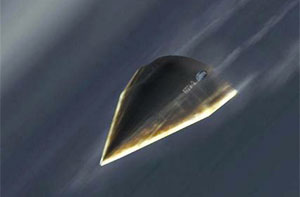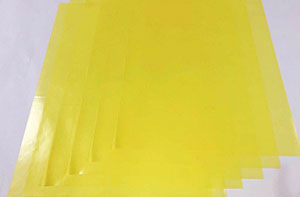interconnect solution
high-frequency high-speed seri
other solutions
glass fiber cloth/ptfe/fine ceramic powder can be added to the laminates for multi-layer pcb. it has unique thermal stability (cte) and minimal dielectric constant temperature drift, and has the best processability.

features:
•excellent thermal coefficient of dielectric constant
•excellent pim performance
•high thermal conductivity ideal for higher power designs.
•reduced coefficient of thermal
expansion in z-direction (ctez)
•tightest commercial laminate dk tolerance for impedance control

features:
•extremely low loss tangent (0.0009 @10ghz)
•excellent dimensional stability
•excellent product performance uniformity

features:
•“best in class” thermal conductivity( 0.8 w / m k )
•dielectric constant stability across wide temperatures( - 9 pp m / ℃)
•very low loss tangent provides higher amplifier or antenna efficiency
•priced affordably for commercial application
•high peel strength for reliable
copper adhesion in thermally stressed applications
•meet military standard for shock and impact resistance test

features:
•ceramic/ptfe microwave composite
•lowest insertion loss in class
•“best-in-class” loss tangent (0.0010)
•electrical phase stability vs.
temperature
•high thermal conductivity
•tightest dielectric constant (±0.03) and thickness tolerance

features:
•ceramic/ptfe microwave composite
•lowest insertion loss in class
•“best-in-class” loss tangent (0.0011)
•electrical phase stability
•high thermal conductivity
•tightest dielectric constant (±0.03) and thickness tolerance

features and benefits:
•low dielectric loss(0.0013 @10ghz)
•excellent mechanical properties vs. temperature
•reliable strip line and multi-layer board constructions
•suitable for use with epoxy glass multilayer board hybrid designs
•stable dielectric constant vs.
temperature and frequency
•suitable for applications sensitive to
temperature change
•excellent dimensional stability

features and benefits:
•low dielectric constant ( @10ghz dk 3.20)and dissipation (@10ghz df 0.0030)
•high glass transition temperature(tg 280℃)
•low press temperature 180℃
•reliable multiple press characteristics
•good blind hole filling effect
•excellent thickness uniformity